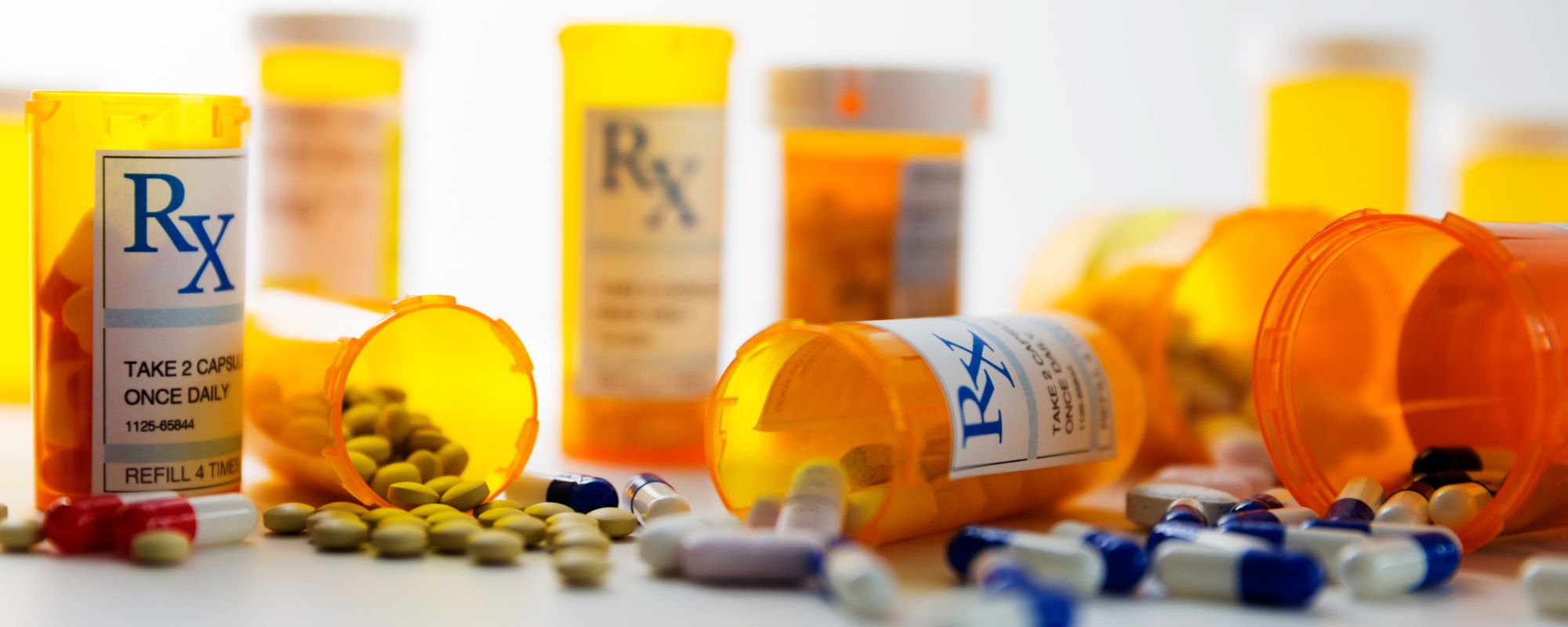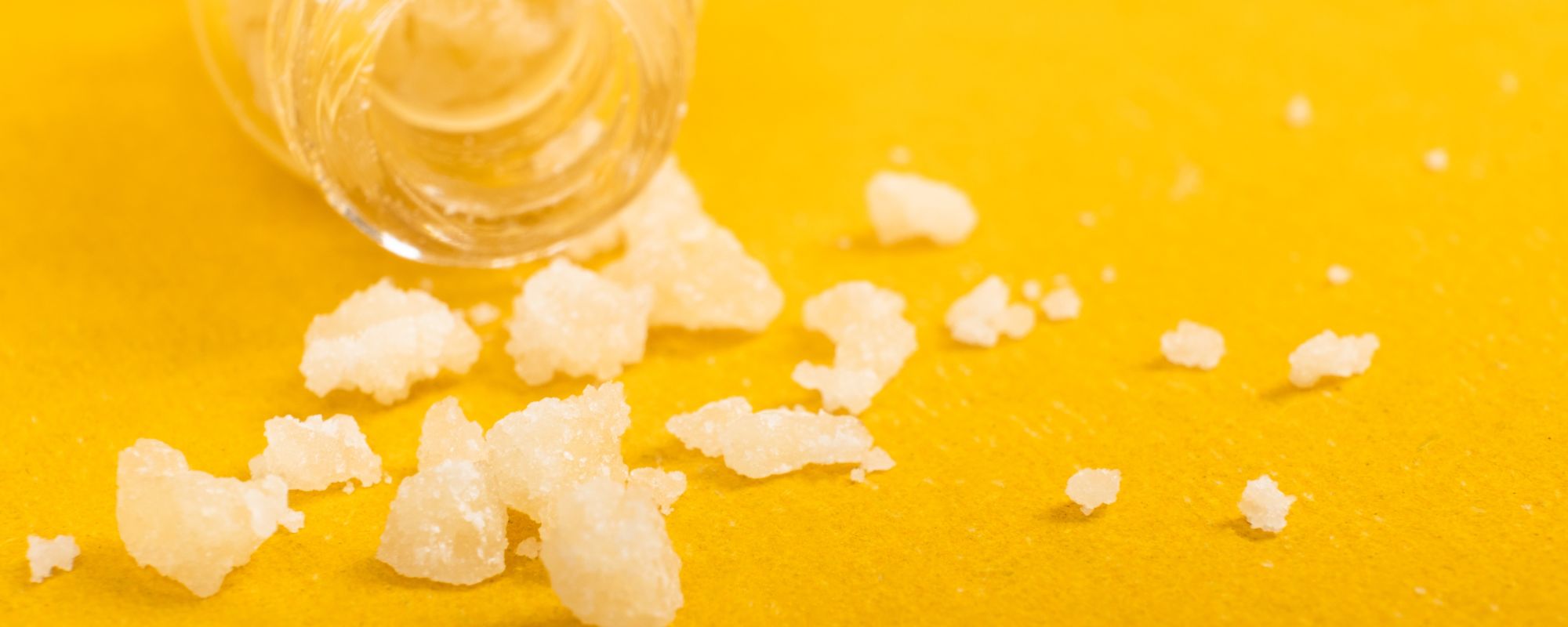As more people discover the harmful effects of alcohol, the search for alternative options has seen a significant increase. One product in particular, non-alcoholic beer, has become a popular replacement choice.
If you are looking to swap your cocktail of choice out for a healthier version, you may be wondering about non-alcoholic beer. However, it is important to understand what this product is before stocking up.
What Is Non-Alcoholic Beer?
Non-alcoholic beer is a malt beverage containing very little alcohol. It can be viewed as a near-beer mocktail, often enjoyed by those who want the taste of beer without the negative side effects.
The 2023 National Survey on Drug Use and Health (NSDUH) showed that approximately 28.9 million people aged 12 and older met the criteria for an alcohol use disorder (AUD) in the past year.
These staggering statistics reflect a very real need for more awareness surrounding the dangers of alcohol use and abuse. Fortunately, there are several treatment centers and support resources available to those struggling with addiction.
Does Non-Alcoholic Beer Contain Alcohol?
One question that many people find themselves asking about this product is, “does non-alcoholic beer have alcohol?” While the answer to this question may seem obvious, the answer can actually be surprising.
Despite the name suggesting there is absolutely no alcohol, that is not always the case. There can be a very small amount of alcohol in non-alcoholic beer. US regulations allow up to 0.5% Alcohol by Volume (ABV) to be labeled as non-alcoholic.
For the most part, this is not enough to cause any impairment or health problems in those who consume this beverage. However, some individuals, such as those in recovery from alcohol addiction, are not recommended to partake in this product.
How Is Non-Alcoholic Beer Made?
There are primarily two methods to produce non-alcoholic beer. The first is a process called dealcoholization. This process involves brewing regular beer. Then, the alcohol is removed through techniques like distillation, reverse osmosis, or membrane filtration.
Low-alcohol brewing is another production method. This involves altering the brewing process to produce a beer with a naturally low alcohol content.
Do You Have to Be 21 to Buy Non-Alcoholic Beer?
Generally, you need to be 21 to buy non-alcoholic beer. Even though non-alcoholic beer contains very little alcohol, it’s still regulated as a malt beverage. This means it falls under the same age restrictions as regular beer.
However, there are exceptions. Some states have specific laws regarding the purchase of non-alcoholic beer by minors. It’s essential to check the regulations in your specific state.
Can Non-Alcoholic Beer Trigger a Relapse?
Many think that it’s completely safe to drink non-alcoholic beer. However, NA beer can potentially trigger a relapse for individuals in recovery. While it contains minimal or no alcohol, the taste, smell, and social context associated with drinking beer can be powerful triggers. This is why it is important to be aware of the dangers of non-alcoholic beer before trying it.
For some people, consuming non-alcoholic beer can induce cravings. It can also create false expectations if they believe that this product can lead to a sense of normalcy around drinking. This can cause serious challenges for their commitment to abstinence.
It is important to note that this is not a universal experience. Some people in recovery can enjoy non-alcoholic beer without issue. However, if you are concerned about the potential for relapse, it is best to avoid non-alcoholic beer altogether, as it can be a slippery slope for recovering alcoholics.
Reach Out For Help With Addiction
Are you or a loved one struggling with addiction?
Royal Life Centers at Puget Sound is here to help you recover. Because we care.
The Dangers of Alcohol Abuse
Misuse of alcohol is a serious issue with far-reaching consequences. Excessive alcohol consumption can lead to a host of problems affecting a person’s physical, mental, and social well-being. Participating in binge drinking, particularly in a social setting, can lead to a dangerous drinking pattern.
It is important to remember that even moderate alcohol consumption can have negative health effects. If you or someone you know is struggling with alcohol abuse, seeking help is crucial. There are effective treatments and support available.
Physical Effects of Alcohol Abuse
There are several negative physical health effects that can occur as a result of chronic heavy drinking. Some of the most common include:
- Liver damage: Alcohol is primarily processed by the liver. This can lead to conditions like fatty liver, hepatitis, and cirrhosis.
- Heart problems: Increased risk of high blood pressure, heart disease, stroke, and irregular heartbeat.
- Digestive issues: Gastritis, pancreatitis, and ulcers.
- Weakened immune system: Increased susceptibility to infections.
- Cancer: Alcohol consumption is linked to an increased risk of various cancers. This includes mouth, throat, liver, esophagus, and breast cancer.
Mental Effects of Alcohol Abuse
Both short and long-term alcohol abuse can have a serious impact on a person’s mental well-being. Some of the most common mental effects of alcohol misuse include:
- Depression and anxiety: Alcohol can worsen existing mental health conditions or trigger new ones.
- Memory problems: Alcohol can impair memory and cognitive function.
- Alcohol use disorder: This is a chronic and relapsing disease characterized by compulsive alcohol seeking and use.
Relapse Prevent Tips
Relapse prevention is a crucial part of recovery. It is about building a strong foundation and developing coping mechanisms to handle challenges. There are several ways that you can prevent yourself from relapsing during recovery. This includes lifestyle changes and holistic options.
Lifestyle Changes
There are several lifestyle changes that you can make to help you maintain your sobriety and avoid alcohol drinks. Some of these include:
- Building a strong support system: Connect with family, friends, or support groups.
- Developing hobbies and interests: Find activities you enjoy to aid you on your recovery journey.
- Developing healthy coping strategies: Learning to manage stress, boredom, or loneliness can be helpful in staying sober.
Holistic Options
Holistic options can be a key part of maintaining a sober lifestyle. Some of the holistic practices you can integrate into your daily life include:
- Maintaining a healthy lifestyle: Prioritize sleep, nutrition, and exercise.
- Practicing mindfulness techniques: Explore meditation, yoga, or deep breathing.
- Practicing self-care: Prioritize your well-being through relaxation and self-compassion.
Find Help for Alcohol Abuse
If you are struggling with alcohol abuse, it is important to know that there are several resources and treatment options available to you. Royal Life Centers at Puget Sound can help you or a loved one get back on track from the effects of alcohol on your body and mind.
We understand the challenges that come with recovery. That is why our recovery center equips you with the tools and resources you need to safely and successfully overcome alcohol abuse.
Alcohol Treatment Programs
At Royal Life Centers, our alcohol treatment program takes a person-centered approach to the recovery process. We tailor your treatment plan to fit your unique needs and situations. This allows us to address every aspect of your addiction, including its underlying causes.
From detox to aftercare, we offer a comprehensive range of services. This includes extensive therapies and holistic treatments to ensure you are receiving whole-health care. If you are interested in learning more about the services we offer, reach out to us today.
Recovery Support Groups
Recovery support groups offer a vital space for individuals in recovery. They allow them to connect with others who share similar experiences with substance abuse and addiction. These groups provide emotional support, practical advice, and a sense of community.
This can be crucial for those in recovery from addiction, no matter what stage they are at in their sobriety. Royal Life Centers can help connect you with support groups and addiction treatment options for all your recovery needs. Alcohol addiction recovery is possible; we can help.
REFERENCES:
- What is Alcohol Misuse? – Rethinking Drinking | NIAAA (nih.gov)
- The Dangers of Non-Alcoholic Beer (verywellmind.com)
- Alcohol’s Effects on Health | National Institute on Alcohol Abuse and Alcoholism (NIAAA) (nih.gov)
- Effects of Alcohol Consumption on Various Systems of the Human Body: A Systematic Review – PMC (nih.gov)






